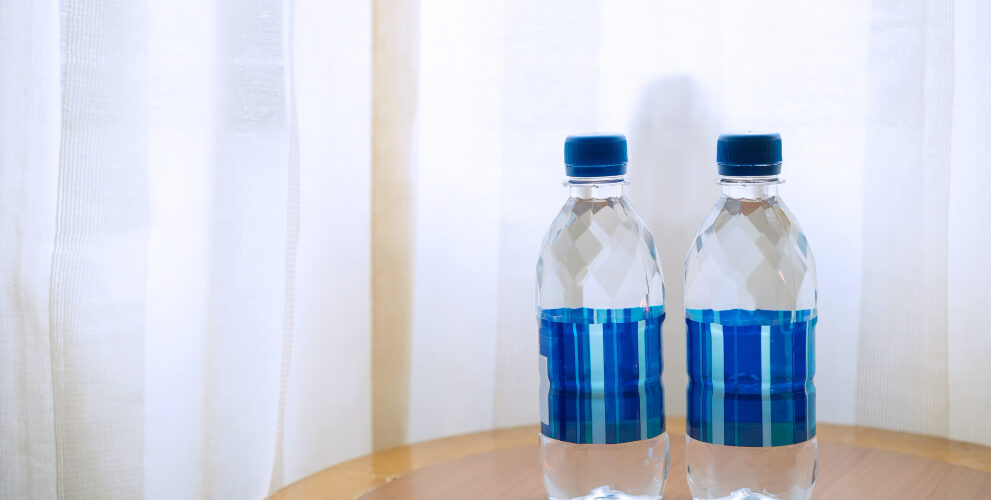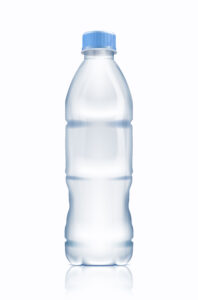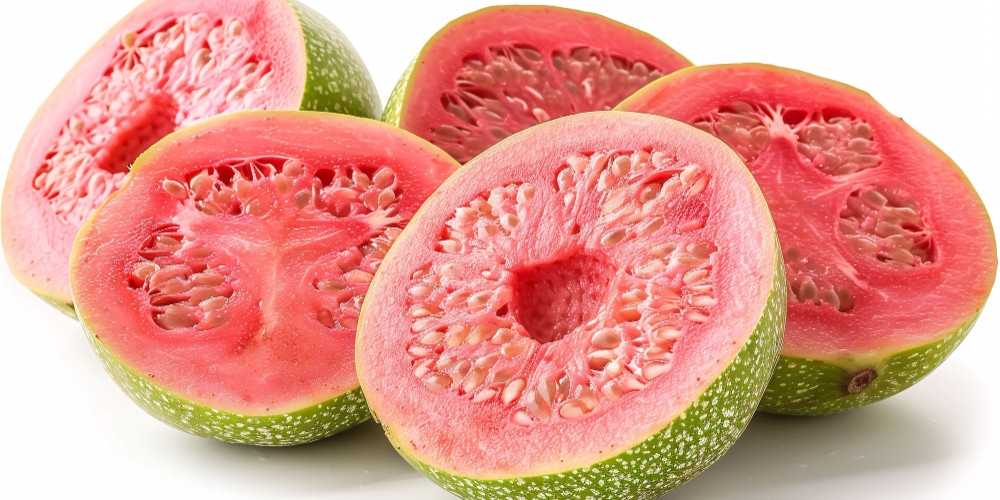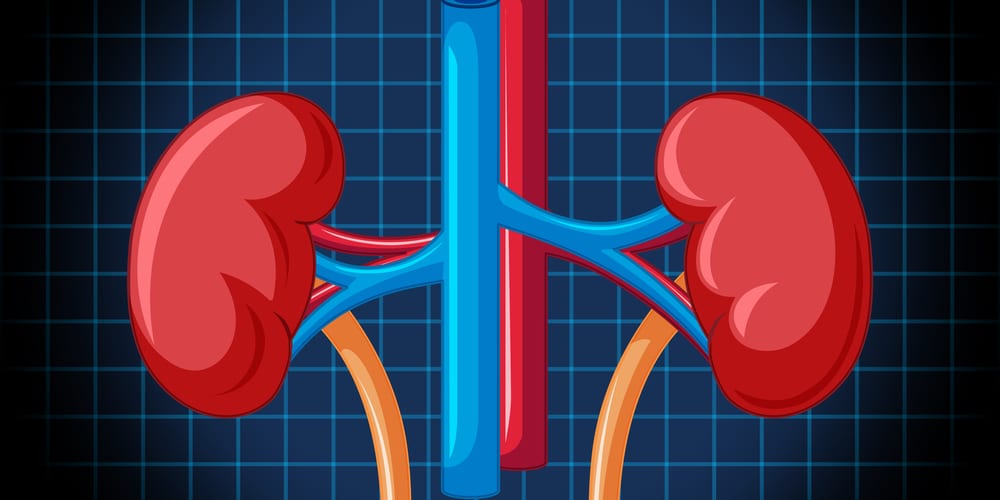Latest
Dehydration and stress: How not drinking enough water elevates your cortisol levels
Hydration and stress are intricately connected, with studies showing that insufficient water intake can significantly elevate cortisol levels, making individuals biologically more stressed
Author
Author
- admin / 2 months

- 0
- 5 min read

Author
A recent study highlights that not drinking enough water daily can make people biologically more stressed, increasing cortisol levels and potentially impacting long-term health.
The study linking hydration and stress
Researchers from Liverpool John Moores University conducted a study published in the Journal of Applied Physiology titled “Habitual fluid intake and hydration status influence cortisol reactivity to acute psychosocial stress.” The study found that adults who consumed less than 1.5 litres of water daily exhibited over a 50 per cent higher cortisol response during stressful situations compared to those who met recommended fluid intake.
The study involved 62 healthy adults, with 32 selected for detailed observation. They were divided into two groups: low-fluid drinkers (less than 1.5 litres per day) and high-fluid drinkers (meeting or exceeding recommended amounts). Both groups maintained their usual hydration habits for seven days and were then subjected to the Trier Social Stress Test (TSST), a widely used psychological test involving public speaking, mock interviews, and mental arithmetic to induce stress.
What happened next?
While both groups felt equally nervous and experienced similar heart rate increases, the low-water group showed a significantly higher spike in cortisol levels (the body’s main stress hormone). This demonstrates that hydration directly affects how the body handles stress biologically.

“Cortisol reactivity to acute stress predicts long-term health. Our novel findings show greater cortisol reactivity to acute stress in adults with habitual low fluid intake. Suboptimal hydration (e.g., darker morning urine) was associated with greater cortisol reactivity to acute stress. These findings provide one possible explanation for why habitual low fluid intake and suboptimal hydration are related to poor long-term health,” according to the study.
What happens inside the body when you are stressed and dehydrated
Cortisol is part of the body’s natural “fight or flight” response and plays a crucial role in regulating metabolism, immune function, and blood pressure. However, chronic elevation of cortisol can increase the risk of heart disease, kidney problems, diabetes, and cognitive decline.
When the body senses dehydration, it releases a hormone called vasopressin.
Vasopressin signals the kidneys to conserve water, but it also interacts with the brain’s stress system, causing cortisol levels to rise more during difficult situations. Essentially, the body faces a “double burden”: conserving water while simultaneously reacting more strongly to stress.
Interestingly, low-fluid participants did not feel thirstier than those who drank enough water, even though their urine was more concentrated, showing dehydration. This indicates that relying on thirst alone is not enough to monitor hydration.
Daily hydration needs and tips
Adequate daily hydration is crucial for both physical and mental well-being. Since thirst isn’t always a reliable indicator, other signs should be monitored. Pale yellow urine generally indicates good hydration, while darker urine suggests you need more fluids. Fatigue, headaches, dizziness, and difficulty concentrating are additional warning signs of dehydration.
Rajeshwari Panda, Head of the Dietetics Department at Medicover Hospital, Kharghar, Navi Mumbai, explained that this trend of low water consumption is increasingly noticeable among urban Indian populations. “Many adults, especially office workers, consume far less water than the recommended amount. This often leaves them feeling lethargic and low on energy,” she said. According to her, busy schedules, limited access to clean water, and simply overlooking hydration are the main reasons for this dehydration.
She emphasised that dehydration contributes to elevated cortisol levels, as confirmed by the Liverpool John Moores University study, and can exacerbate stress. “In a country like India, where we are exposed to high heat, combined with a growing sedentary lifestyle and high-stress work culture, inadequate hydration leads to fatigue, irritability, and poor concentration,” she added.
Panda also highlighted a common misconception about hydration. “Many people think that only liquids hydrate the body, but that’s not true. Foods like cucumbers, watermelon, and buttermilk are also rich in water and contribute to your daily hydration.”
When asked about the recommended daily water intake, she explained that it depends on body weight. “For an average Indian adult, women should aim for at least 2 to 2.5 litres, and men can go up to 3 to 3.5 litres daily. But this varies according to individual weight, and during clinic visits, we measure and give personalised guidance.” She stressed that hydration isn’t just about drinking plain water. “It’s about the total fluid you get from all beverages and foods throughout the day.”
Panda also provided practical tips for effective hydration. “There’s a misconception that drinking a large volume at once is enough. For example, consuming 1 litre in the morning, 1 in the afternoon, and 1 at night does not keep you properly hydrated. You need to sip fluids throughout the day to replenish what your body loses through urine, sweat, or even perspiration from air-conditioned rooms,” she said.
She recommended small, frequent sips to maintain optimal hydration: “Drinking 200–300 ml of water 10–15 times a day works best. Distributing intake evenly helps the body absorb fluids efficiently and avoids the stress of consuming a large volume at once. Overhydration can even strain the heart, so balance and timing are just as important as the total volume.”
Also read: FACT CHECK: Can soaking your feet in hot water cure migraines?
Do you have a health-related claim that you would like us to fact-check? Send it to us, and we will fact-check it for you! You can send it on WhatsApp at +91-9311223141, mail us at hello@firstcheck.in, or click here to submit it online.










